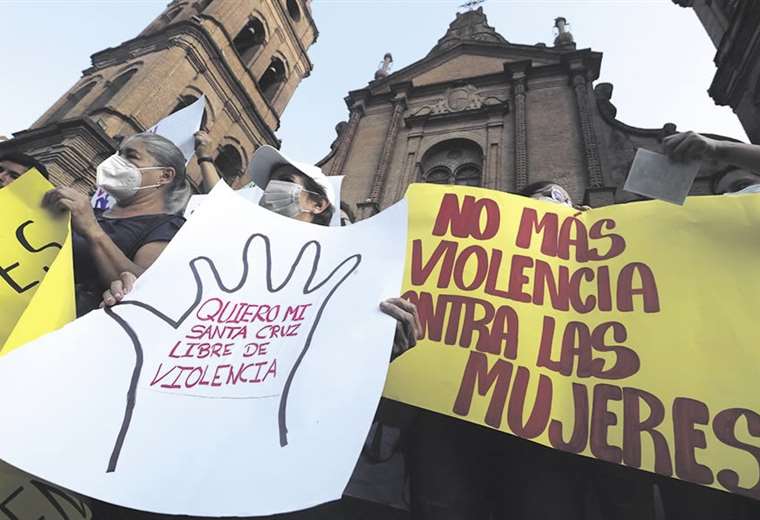On International Women’s Day, celebrated this Wednesday (8), President Luiz Inácio Lula da Silva will make official the submission of a bill to promote equal pay for men and women who perform the same function. The text provides for measures for companies to have more remuneration transparency and to expand inspection and combat wage discrimination.
The commemoration of International Women’s Day will be marked by the announcement of a series of actions by the federal government that directly affect the guarantee of women’s rights. The event in which these initiatives will be made official will be at 11 am today, at the Planalto Palace, in Brasília, and will be attended by President Luiz Inácio Lula da Silva, the Minister of Women, Cida Gonçalves, in addition to representatives of 19 other ministries, from Banco do Brasil, Caixa Econômica Federal and the National Bank for Economic and Social Development (BNDES).
Information about the project to match wages was not detailed, but it should change the Consolidation of Labor Laws (CLT). The labor reform, approved in 2018, even inserted a device that establishes a fine for companies that pay different wages to men and women who perform the same function, but the punishment is considered small, which ends up stimulating inequality.
In 2021, under the management of Jair Bolsonaro, the Palácio do Planalto returned to the National Congress a bill, which was ready for sanction, and increased the fine in the amount corresponding to five times the salary difference paid by the employer. The project has since stalled in the Chamber of Deputies.
Another text under analysis in the Chamber is Bill (PL) 111/23, presented this year, which makes it mandatory to equal pay between men and women who perform functions or occupy identical positions. The proposal was authored by congresswoman Sâmia Bomfim (PSOL-SP).
In 2019, a survey by the Brazilian Institute of Geography and Statistics (IBGE) showed that women earn less than men in all occupations analyzed. Even with a drop in wage inequality between 2012 and 2018, female workers earn, on average, 20.5% less than men in the country.

















